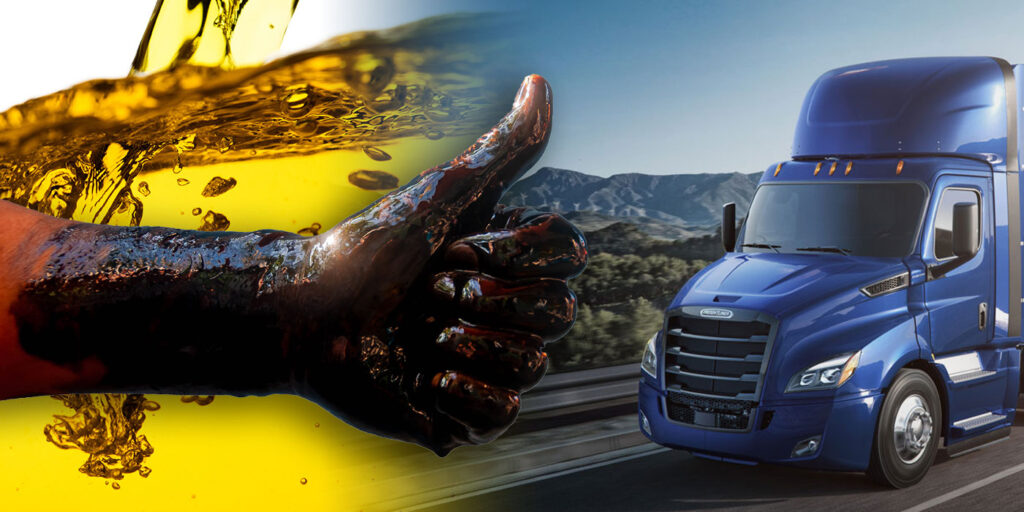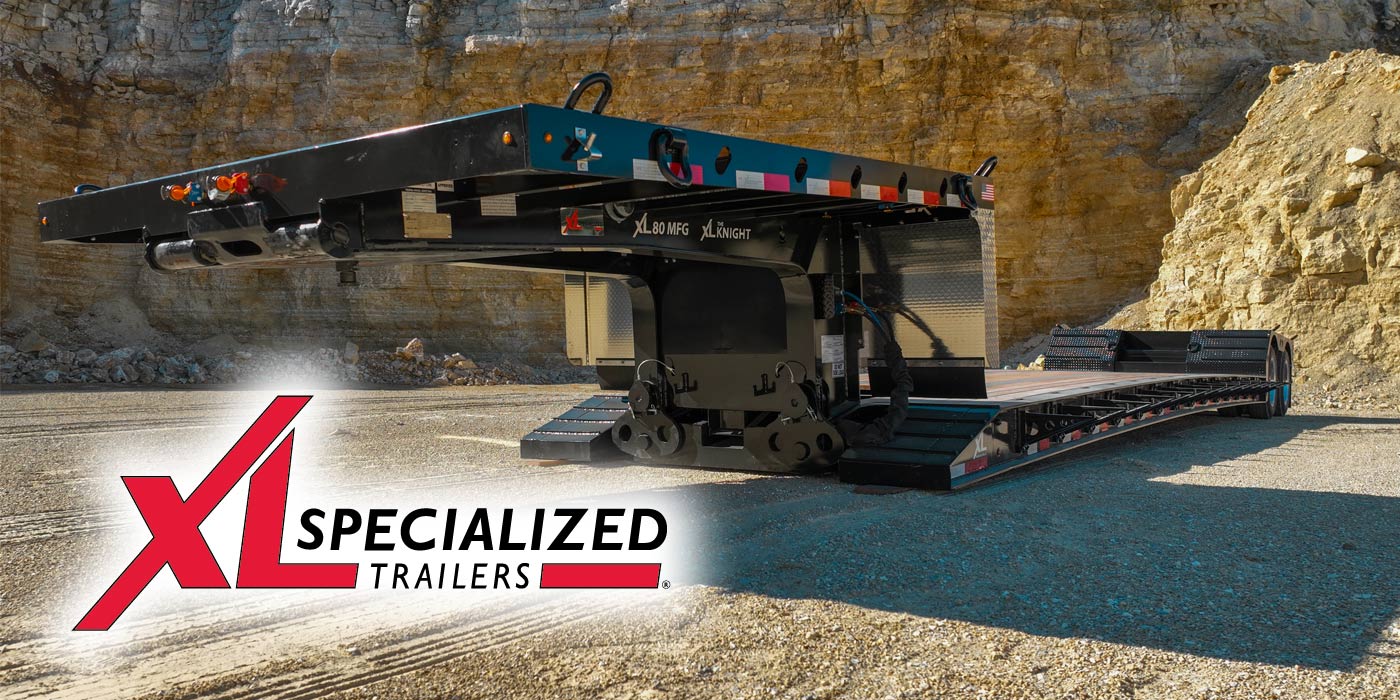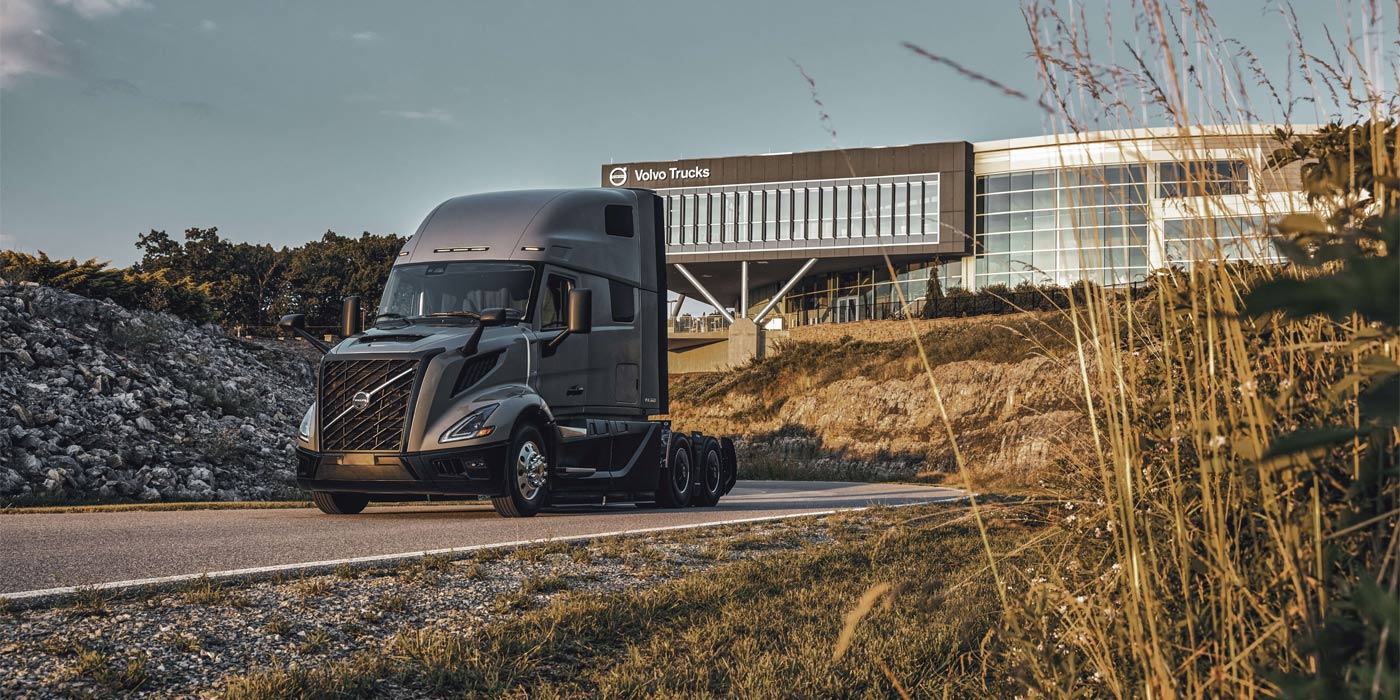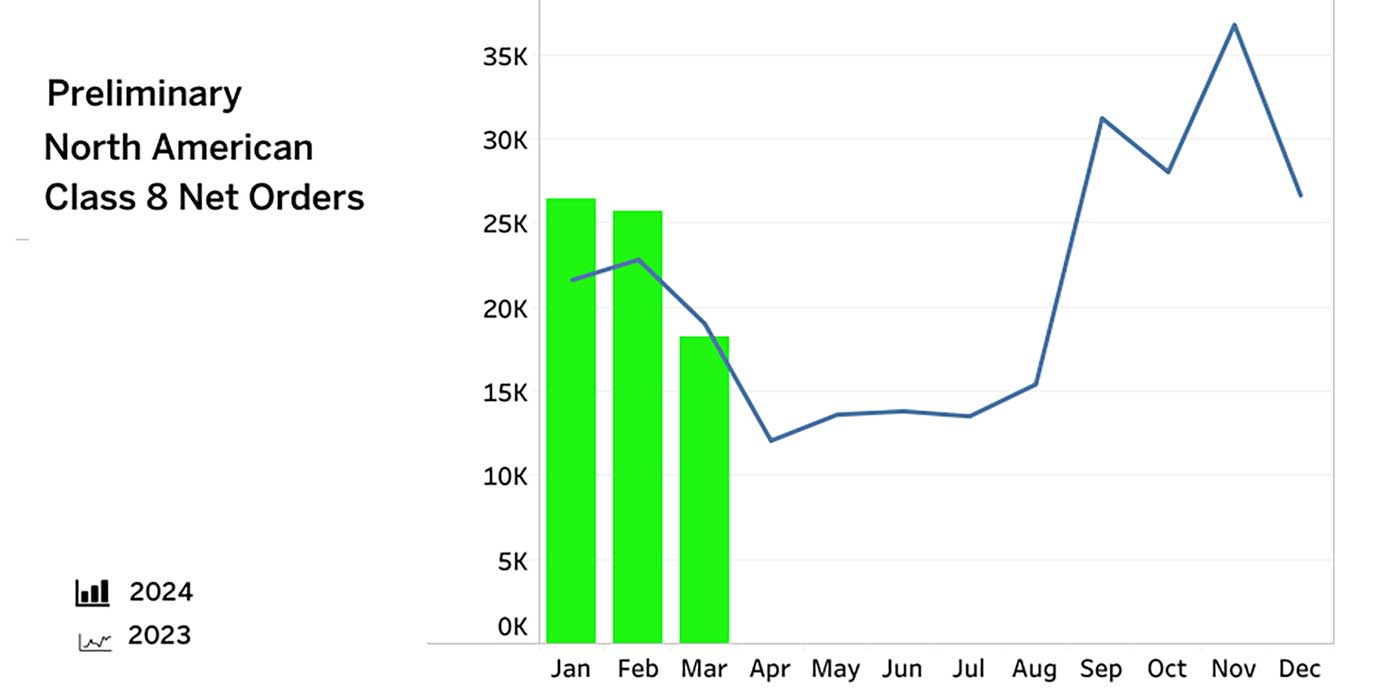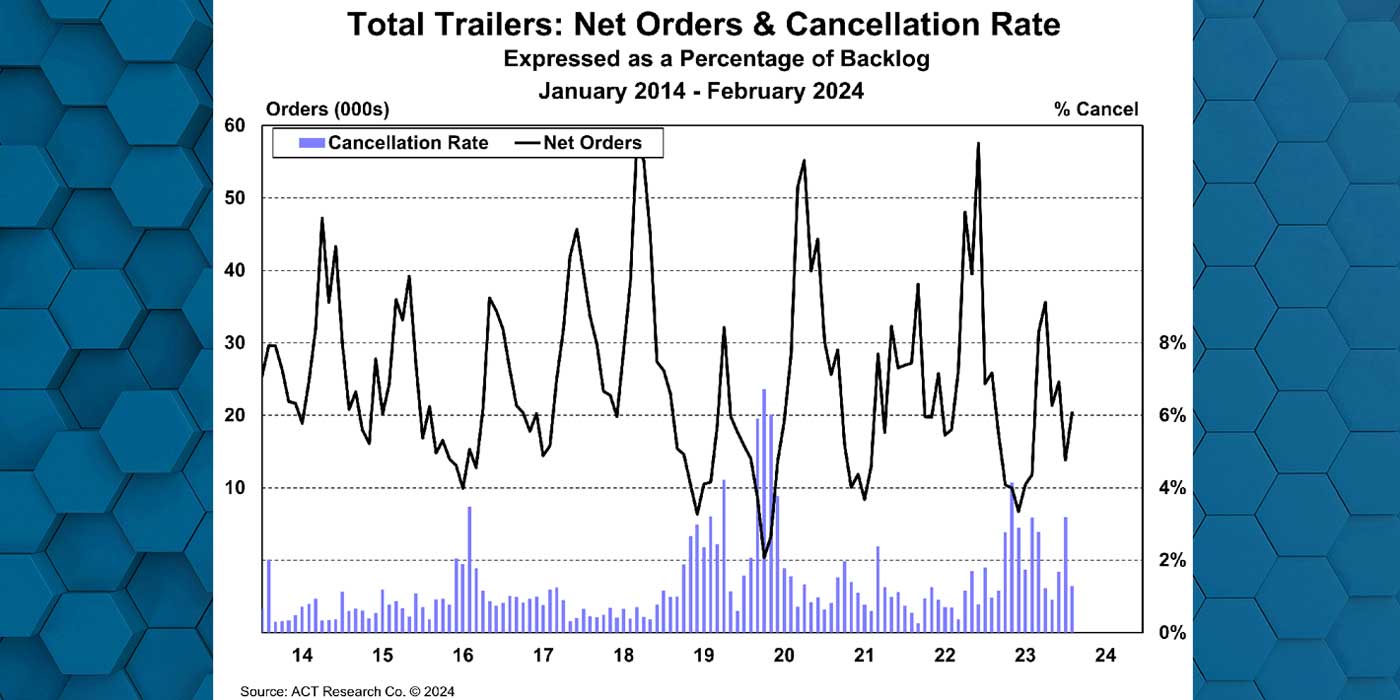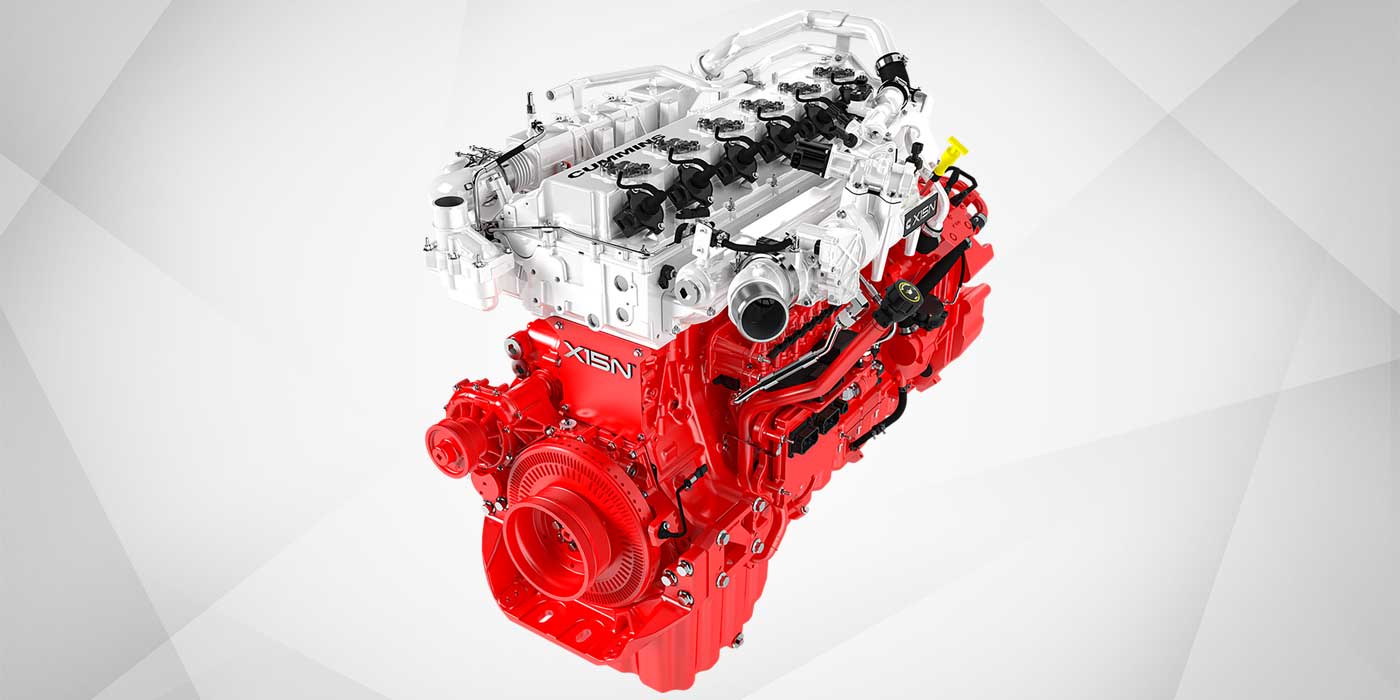Heavy-duty vehicles need to operate efficiently, meaning operators and maintenance technicians often review key aspects of their vehicle to identify where efficiencies can be gained. This should be a holistic process as there are a multitude of factors that can impact fuel economy and overall fleet efficiency, with driver behavior, idling, truck upgrades such as trailer skirts and other factors all playing a role.
For engine efficiency and fuel economy, selecting the correct engine oil is fundamental in helping to reduce fuel consumption and carbon emissions, as well as reducing unplanned maintenance.
Engine oils play a vital role in the protection of engine components by minimizing metal-to-metal contact between moving components while reducing pumping and rotational losses. This helps prevent wear that can result in unplanned maintenance and downtime and improves engine performance and in turn, fuel economy.
When selecting a heavy-duty engine oil, there are five essential steps that fleet managers and operators should be taking:
Seek Original Equipment Manufacturer (OEM) advice
The process should always start with consulting the OEM manual for advice on oil selection. If further advice is needed, the OEM can be contacted directly for information and guidance based on the engine’s specification.
Consider the operating conditions
The environment and operating conditions of the engine should be the next consideration when selecting a heavy-duty engine oil.
The temperature range in which lubricants can perform optimally is denoted by its SAE grade, which is a measure of the oil’s viscosity. The viscosity of the oil dictates its ability to flow and move around the engine to lubricate its inner workings.
In cold conditions, if the oil’s viscosity is too high, it may resist movement and delay the lubrication of vital engine components, which can result in increased engine wear. In these conditions, lower viscosity engine oils, such as SAE 5W-40 or 0W-40, are more suitable as they allow the oil to flow better at lower ambient temperatures.
For fleets operating in warmer regions, a multi-grade heavy engine lubricant with a viscosity of SAE 10W-30 or 15W-40 may be more suitable. These oil grades resist the breakdown associated with higher temperatures to allow adequate flow and lubrication of critical engine components.
Compare synthetic vs. non-synthetic engine oils
Fully synthetic and synthetic blend engine oils offer better stability than conventional oils and improved performance in varied weather conditions. Synthetic blends can also enhance engine protection and performance in certain operating conditions.
Fully synthetic oils are formulated with synthetic base stocks and are blended with high-quality and often unique, performance-enhancing additives. These typically provide a greater level of performance than both conventional and synthetic blend lubricants due to the superior formulation components.
Request proof of performance
Oils must meet strict global regulations, such as API CK-4 and FA-4 for fleets in North America, so it’s important that proof of this and any OEM approvals can be provided. Testimonials and case studies are also valuable examples of real-world use, as is testing carried out by the lubricant manufacturer.
A clear example of this is the rigorous and comprehensive testing that HF Sinclair puts its Petro-Canada Lubricants DURON products through to demonstrate DURON’s superior performance and long-life durability.
Seek expert lubricant manufacturer support
The final step to making a fully informed lubricant choice is to seek expert support and guidance from a reputable lubricant manufacturer. Expert lubricant manufacturers have teams with experienced lubricant technical advisors who can provide advice based on specific requirements, and they also invest significantly in comprehensive testing of product lines, so they can provide informed and invaluable lubricant recommendations for a fleet and its operational needs.
For fleets on a journey toward improved efficiency, the right choice of lubricant can improve fuel economy, engine performance and help reduce unplanned downtime. However, selecting the best heavy-duty engine oil for a fleet is a complex task that requires expert insight and experience. It is therefore vital that professional advice is sought throughout the process to help maintain proper lubrication and select the most appropriate engine oil for your fleet.
This article was contributed by Darryl Purificati, sr. technical advisor, OEM/automotive at HF Sinclair.

